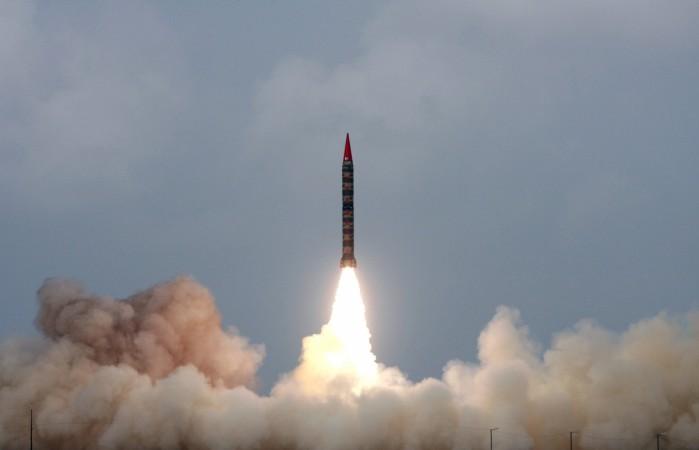
The Pentagon has asserted that nuclear weapons could "create conditions for decisive results and the restoration of strategic stability as it "provides capabilities to achieve US national objectives," according to a new nuclear doctrine.
The US military document titled 'Nuclear Operations', released on June 11, has concerned military experts as it describes nuclear attacks as a means to defend nuclear forces rather than objectives of defending the people and deterrence.
The pro-winning narrative combined with the Department of Defence's preference for nuclear weapons against all other forms of weapons of mass destruction shows that destruction of targets are planned in anticipation that deterrence will fail.
Statements in the document such as "using nuclear weapons could create conditions for decisive results and the restoration of strategic stability" as well as "using nuclear weapons will greatly influence military operations and vastly increase the complexity of the operational environment" has been raised as severely controversial assertions due to its affirming narrative towards future nuclear aggression.
Other issues such as the inclusion of quotes by the controversial figure, Herman Kahn was also raised by critics as an indication towards its pro-nuclear stance. Kahn, a cold war theorist had argued that nuclear war could be "winnable" and is also known to be the inspiration for Stanley Kubrick's film Dr Strangelove, reported The Guardian.
After a week, the contentious document was taken down from the Pentagon's website as it was determined that the content was for "official use only", said a spokesperson of the joint staffs. Although it has restricted access on JEL+ (the Joint Electronic Library), a public copy is available on the FAS site.
The doctrine's war-fighting approach instead of war deterrence is unsettling, said Steven Aftergood, head of the Federation of American Scientists Project on Government Secrecy to The Guardian. "That kind of thinking itself can be hazardous. It can make that sort of eventuality more likely instead of deterring it," he said.
The Trump administration is known for its contentious withdrawal from the Joint Comprehensive Plan of Action with Iran in 2015 and the Intermediate-Range Nuclear Forces (INF) Treaty with Russia in 2019.
It is also sceptical of the New START (Strategic Arms Reduction Treaty) as it favoured Russia and was claimed to be "one of several bad deals negotiated by the Obama administration" by Donald Trump. The treaty is due to expire in 2021.
The Obama administration did not publish a nuclear doctrine and its 2010 nuclear posture review sought to downgrade nuclear weapons in military planning.















